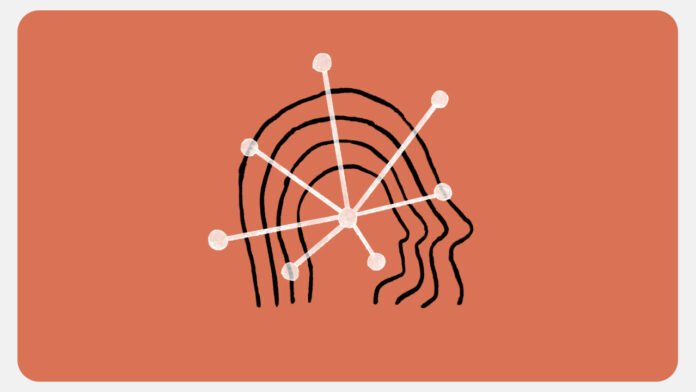Contrary to what some may think, generative AI models aren’t humanlike. These models lack intelligence or personality; they are merely statistical systems that predict the likeliest next words in a sequence. Despite this, they follow instructions meticulously, much like interns at a demanding workplace. This includes adhering to “system prompts” that set the models’ basic parameters and dictate what they should and shouldn’t do.
The Role of System Prompts in AI Behavior
Every generative AI vendor, from OpenAI to Anthropic, employs system prompts to guide their models’ behavior and tone. These prompts prevent the models from acting inappropriately and ensure a consistent response style. For instance, a system prompt might instruct a model to be polite yet never apologetic or forthright about its limitations.
The Secretive Nature of System Prompts
AI vendors typically keep their system prompts confidential, likely for competitive reasons, to avoid giving users clues on manipulating the models. For example, GPT-4’s system prompt can only be revealed through a prompt injection attack, and even then, the resulting output may not be entirely reliable.
Anthropic Transparent Approach
Anthropic, aiming to present itself as an ethical and transparent AI vendor, has made the system prompts for its latest models—Claude 3 Opus, Claude 3.5 Sonnet, and Claude 3.5 Haiku—publicly available. These prompts can be accessed via the Claude iOS and Android apps and on the web.
Alex Albert, Anthropic head of developer relations, announced on X (formerly Twitter) that the company plans to regularly disclose updates and refinements to its system prompts.
Specifics of Anthropic System Prompts
The latest system prompts, dated July 12, clearly outline what the Claude models are restricted from doing. For example, the prompts state, “Claude cannot open URLs, links, or videos.” The system also prohibits facial recognition, instructing the model to “always respond. If it is completely face blind” and to “avoid identifying or naming any humans in [images].”
Additionally, the prompts describe certain personality traits that Anthropic wants the Claude models to exhibit. For instance, Claude 3 Opus is described as appearing “very smart and intellectually curious,” enjoying engaging in discussions on various topics, and maintaining impartiality and objectivity on controversial issues. It is also instructed to avoid starting responses with “certainly” or “absolutely.”
The Human-like Illusion of AI Models
The way these system prompts are written might seem unusual, akin to a character analysis sheet for an actor in a stage play. For example, the prompt for Opus concludes with “Claude is now being connected with a human,” giving the impression that Claude is a conscious entity ready to interact with users. However, this is an illusion; AI models are blank slates without these carefully crafted prompts.
Anthropic Setting a New Standard in AI Transparency
By releasing these system prompt changelogs—the first from a major. AI vendor—Anthropic is putting pressure on its competitors to follow suit. Whether other companies will respond to this challenge remains to be seen.


